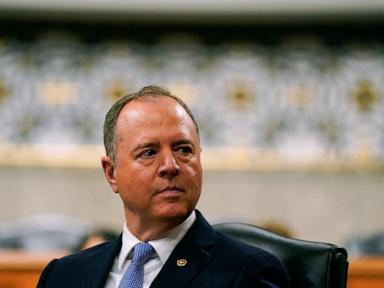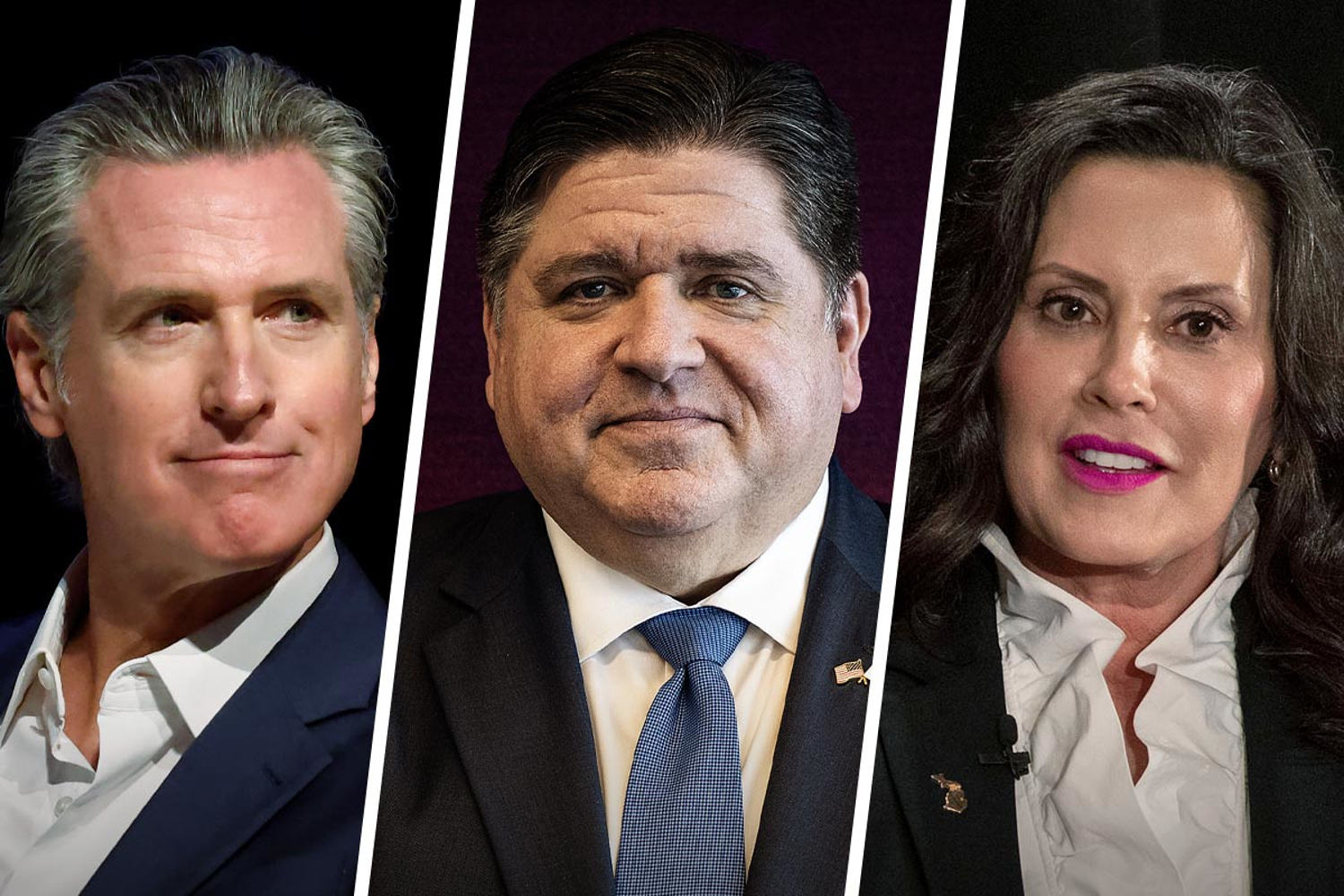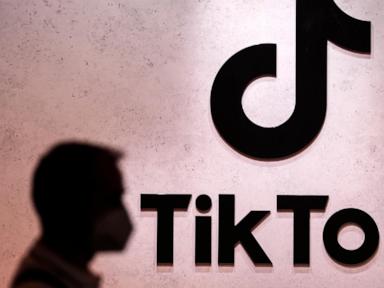Democrats are sharply divided over trade. But Donald Trump is helping them paper over those rifts.
The steep, sweeping tariffs the president unveiled in recent days have largely united a party that has for years undergone bruising internal battles over trade. From populists in the Rust Belt to free-trade champions in blue states, Democrats are lining up against the levies.
In interviews with more than a dozen lawmakers, congressional aides and strategists on the left, Democrats on Capitol Hill almost universally denounced them, even as many stressed they didn’t categorically oppose tariffs as part of policymaking.
“The problem is not tariffs, generally. It's the way that Trump is doing them,” said Rep. Hillary Scholten (D-Mich.), from a swing state that relies heavily on car manufacturing. “Trump tariffs are bad, and the American people are suffering. It's a pretty easy message.”
Even Democrats who had previously made public breaks with the party on trade got on the same page this week.
"Democrats are pretty uniform, if not entirely uniform, in making the case that what's happening right now is really dangerous," said Rep. Chris Deluzio, a western Pennsylvania Democrat who last month penned an op-ed urging his party to "break free from the wrong-for-decades zombie horde of neoliberal economists" who argue that all tariffs are bad.
On the other end of the party, Rahm Emanuel, the former Barack Obama chief-of-staff who recently rejoined the investment bank Centerview Partners, voiced a similar message. He called Trump's blanket tariffs the "largest tax increase." At the same time, he said, "raise them aggressively on China" and "go back to making China the bad international actor that decimates others’ industrial base.”
If there is any major disagreement in the party, it isn’t about opposition to Trump’s latest front in the trade war, but only how best to craft a message against his recent tariffs.
“Trying to offer nuance on Trump’s disastrous tariffs policy in this moment is like telling someone with alcohol poisoning: you know, red wine in moderation is actually good for heart health. It’s missing the point. It’s bad messaging,” said Charlotte Clymer, a Democratic operative. “For the love of God, just keep it simple and focus on Trump’s economic extremism.”
A coming test of party unity on the issue will be a vote being forced by Rep. Greg Meeks of New York, the top Democrat on the Foreign Affairs Committee, to fully terminate the authority used by Trump for the “Liberation Day” tariffs. Party leaders expect nearly unanimous support for it.
There’s one exception: Rep. Jared Golden (D-Maine), a red-district Democrat who often takes iconoclastic stances in the party, has said he supports some of Trump’s trade moves and had himself proposed a 10 percent tariff on all imports. Golden, asked about the coming trade vote, pointed to his previous statements and indicated he’d oppose it.
The extensive nature of Trump’s latest tariffs — as well as the haphazard way they were rolled out — helps explain why Democrats have been able to rally around opposing the levies. Dozens of nations were targeted by Trump's so-called reciprocal tariffs, and a formula his team used has been widely criticized.
It’s also the latest example of Trump taking an action and resolving the Democratic Party’s conflicts in the process. During his first term, Democrats on Capitol Hill largely joined together in disapproval of Trump’s immigration and tax policies, even as internal disagreements over those issues lurked ...

























